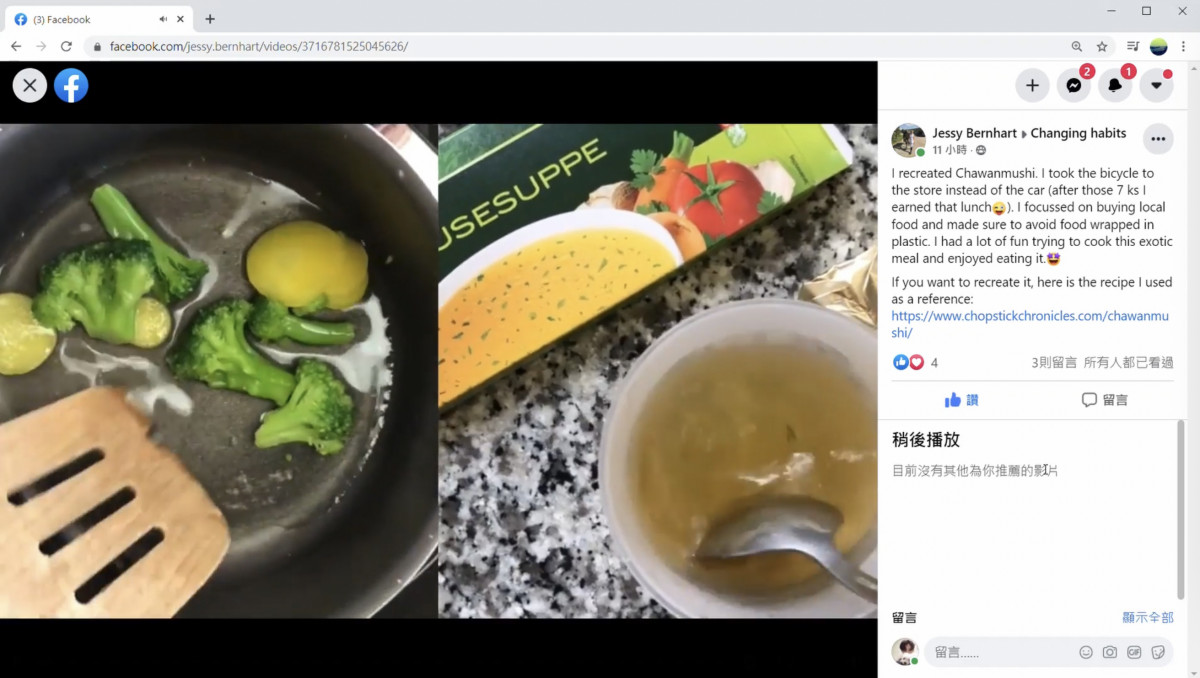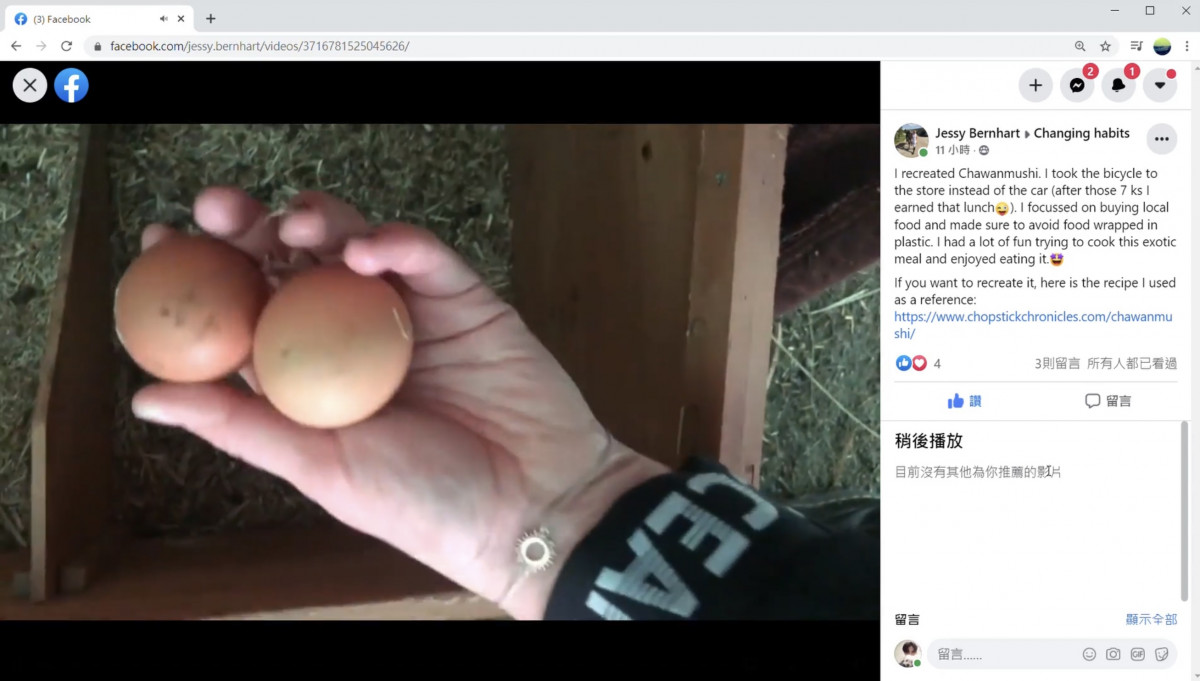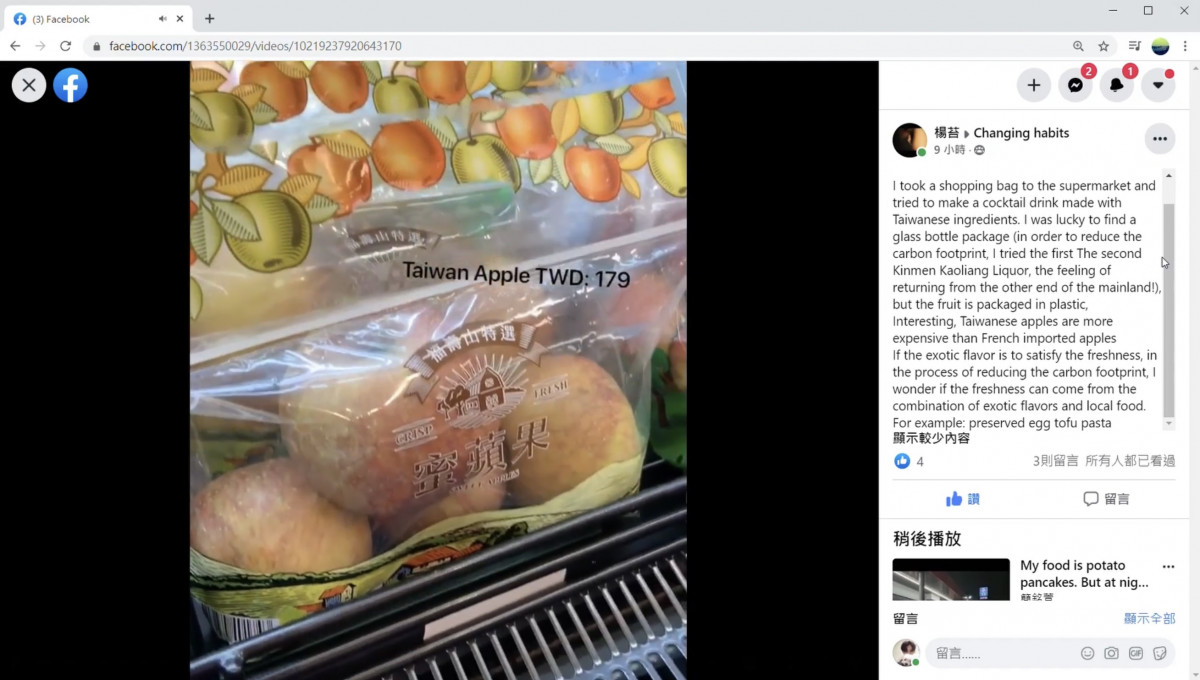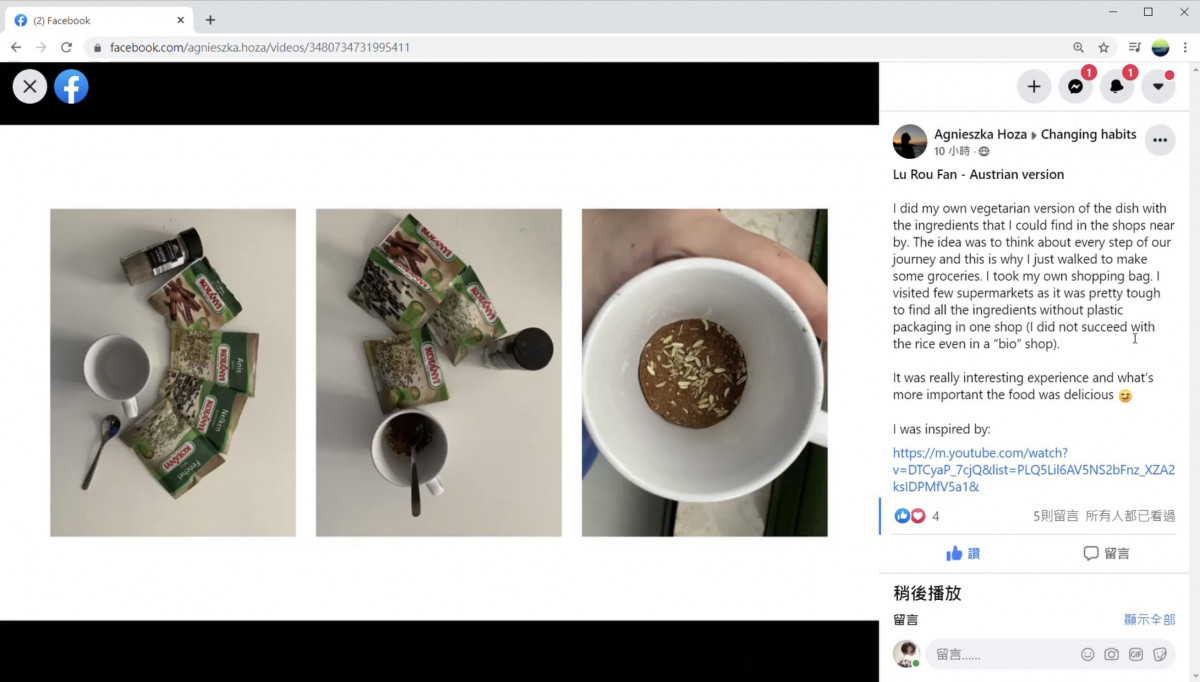Changing Habits: Lu Rou Fan – Potato Pancakes
Changing Habits: Lu Rou Fan – Potato Pancakes
PROJECT BY 徐珮瑜 Frannie, 楊淯緹 Fufu, 簡銘萱 Mine-Hsuan, Jessica Bernhart und Aga Hoza
Is it possible to “unlearn” our daily habits and “learn” new ones? Can we minimize our big ecological footprints by taking small steps?
That’s the question we wanted to explore in our expedition “Changing Habits”. Our research topic was cooking as a daily practice – as a habit: We chose traditional cooking recipes from Taiwan and Austria, our home countries, and swapped them like in a radical cross kitchen: What does the Austrian version of Lu Rou Fan, a popular Taiwanese rice dish with pork, look like? What ingredients are available in Taiwan to make typical Austrian potato pancakes? At the same time, there was the question: How can we be as climate neutral as possible in preparing these dishes? It meant not just to (preferably) use regionally produced products, avoid plastic packaging, and use our own shopping bags, but also to make the way to the supermarket as climate-friendly as possible, by foot or bike: Every step on our expedition had to be carefully considered.
Regardless the country, we came to notice that this undertaking wasn’t always easy.
When it came to the eggs for preparing potato pancake, for instance, Taiwan gave us the choice between “ethical treatment and non-regionally produced” or “non-ethical treatment and regionally produced”. In order to get a fruit cocktail without plastic wrapping, we had to go to more than one supermarket. We were also perplexed by some differences in price: Why do regional apples cost more in Taiwan than those imported from France? Noodles not packed in plastic could not be found at all. For the Austrian Lu Ron Fan, we chose a vegetarian version. We even took our bikes to ride out into the countryside for some kilometers and get the eggs directly from the henhouse.
CONCLUSION
Trying out other countries’ dishes, and with them their (food) cultures, opens up new taste experiences. However, ways by foot or bike and going to more than one supermarket to prepare a meal means that a lot of time is required. We have no illusions: Not all of this will be feasible in “normal everyday life”. What has sharpened, though, is our view for climate-harming habits that we have adopted (out of convenience?) and won’t scrutinize afterwards. Because even the purchase of one different product already amounts to a step towards a new, more climate-friendly behavior.
We documented our expedition, with our experiences and little films, on Facebook. For one thing, so we could make our results visible, and for another thing, to motivate more people to go on their own “Changing Habits” expedition.





